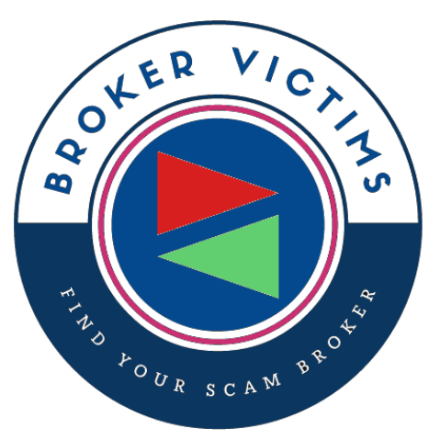What are "Fund Recovery" Scams?
If you have ever been a victim of a scam, you know how devastating it can be to lose your money, your trust, and your peace of mind. But what if someone contacted you and offered to help you get your money back? Would you believe them? Or would you be suspicious?
Unfortunately, there are scammers who prey on people who have already been scammed. They are called “fund recovery” scams or “refund and recovery” scams. They promise to recover your lost funds or the prize or item you never got, but they need you to pay them first. If you do, you will lose more money and get nothing in return.
How do fund recovery scams work?
Fund recovery scammers use various tactics to find and target their victims. They may:
- Buy, sell, or trade lists of people who have already lost money to fraud. These lists may include your name, address, phone number, the kind of scam that tricked you, and how much money you paid. Scammers use this information to sound credible and gain your trust.
- Contact you by phone, mail, email, or online. They may claim to be from a government agency, a consumer advocacy group, a law firm, a charity, or some other organization. They may even say they are from the fake company that took your money and offer refunds to dissatisfied customers.
- Tell you they can recover your money or merchandise, but they need you to pay them first. They may call the upfront money a “retainer fee”, “processing fee”, “administrative charge”, “tax”, “shipment and handling charge”, or even a “donation” to a charity they name. Or, they may ask for your bank account or credit card number so they can deposit a refund directly into your account.
- Pressure you to act quickly and not tell anyone about their offer. They may say they have a limited time to file a claim, get your name on a list for reimbursement, or access a fund that is about to expire. They may also warn you not to contact the original scammer or any other authorities, as this could jeopardize your chances of getting your money back.

How can you avoid fund recovery scams?

If someone contacts you and offers to help you recover your lost money or merchandise, be very careful. Here are some tips to protect yourself from fund recovery scams:
- Never pay upfront for a promise. No legitimate organization will ask you to pay in advance to get your money back or recover a prize or item you never got. If someone asks you to pay first, it is almost certainly a scam.
- Do not give out your personal or financial information. Scammers may use this information to steal your identity or access your accounts. If someone asks for your bank account or credit card number, hang up the phone or delete the email.
- Do not trust caller ID or email addresses. Scammers can spoof these to make it look like they are calling or emailing from a legitimate organization. If you are not sure who is contacting you, do some research before responding. Look up the official website or phone number of the organization and contact them directly.
- Report the scam to the authorities. If you think you have been contacted by a fund recovery scammer, report it to the Federal Trade Commission (FTC) at ReportFraud.ftc.gov or call 1-877-FTC-HELP (1-877-382-4357). You can also report it to your state attorney general’s office or local consumer protection agency/
- Get Professional Help – Today!
Remember: if it sounds too good to be true, it probably is. Do not let scammers take advantage of you twice. Be alert and cautious when someone offers to help you recover your lost money or merchandise
